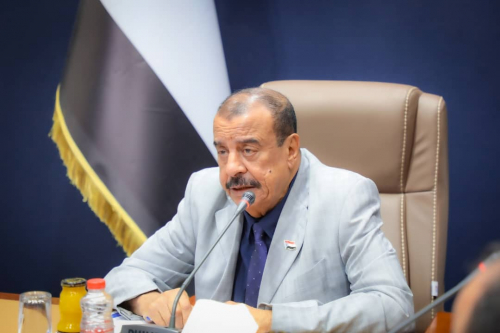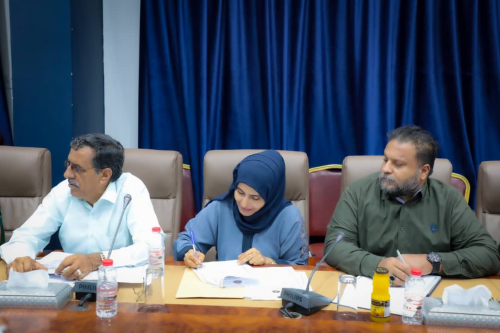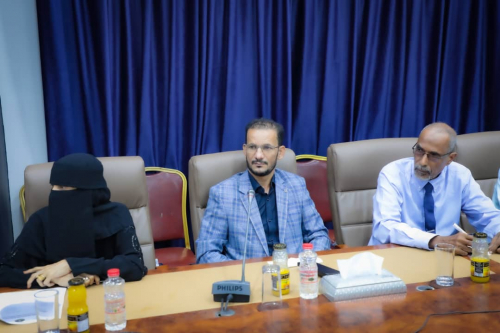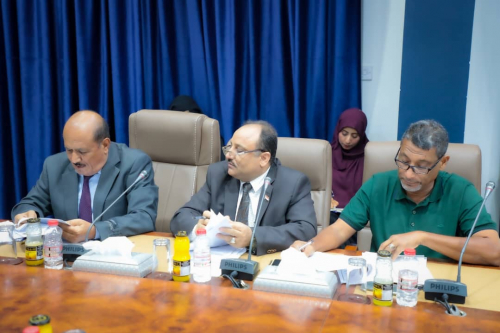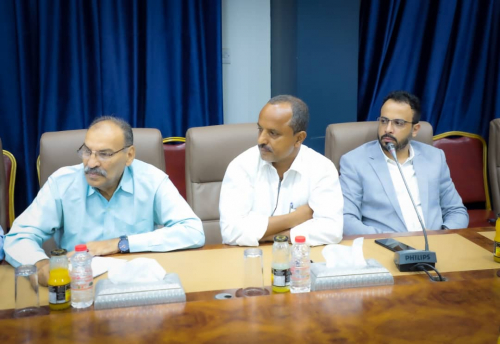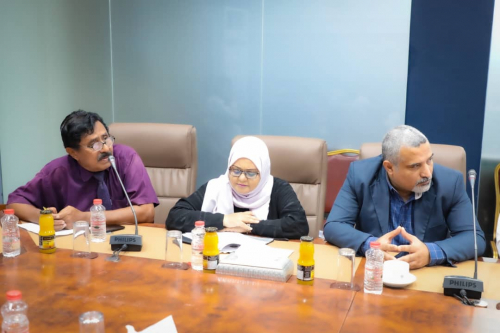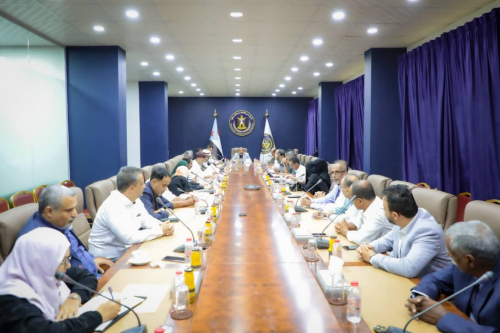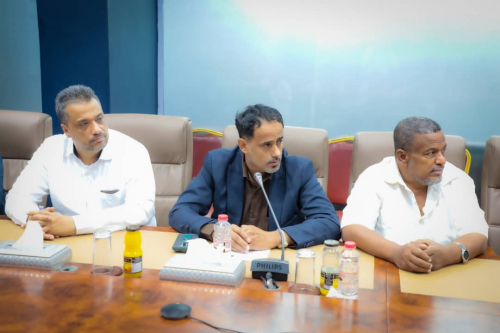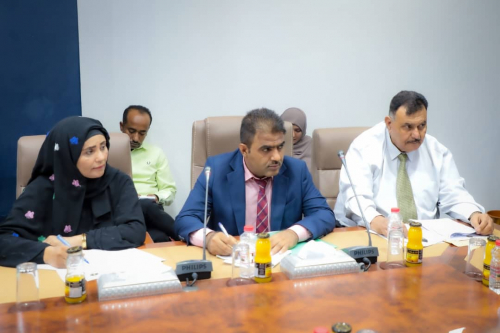STC Sah Launches Food Basket Distribution for Vulnerable Families
The executive body of the local leadership executive body (LLEB) of the Southern Transitional Counci...
The administrative body of the National Assembly of the Southern Transitional Council (STC) held its periodic meeting on Monday morning, chaired by Major General Ahmed Saeed bin Brik, Vice President of the STC and Chairman of the National Assembly, in the presence of his deputy, Dr. Anis Luqman.
In the meeting, the administrative body evaluated the sixth session of the National Assembly, which was held in Al-Mukalla from May 21–22, 2013, and formed a great public and political momentum, both in the warm official and popular reception of President Aidarous bin Qassem Al-Zubaidi and the rest of the delegations, the conduct of the successful sessions and the positive outcomes, and the state of hysteria that afflicted the foes of the South as reflected in their reactions to the sessions.
Furthermore, the administrative body stood before the political developments, in the southern arena that emerge near the end of the war and require a unified southern political discourse that calls for the unity of the southern ranks, cohesiveness and rapprochement and strictly standing against military violations committed by the Houthi militia, in light of the meetings, consultations and understandings among the various parties, represented in the provocations on the borders of the South, terrorist acts in the governorates of Abyan and Shabwa, and the mal-practices of the occupation forces in Mukairas district of obliterating the identity of the people of the district and violating their human rights.
Additionally, the administrative body praised the participation of the STC's delegations in foreign political activities that highlighted the cause and demands of the South for freedom and independence.
The administrative body, too, focused on the deteriorating living and public service conditions that deliberately take place in governorates of the South as a result of the government's failure to perform its duties, which reached a peak in increasing citizens' burden, distress, and suffering.
At the same time, the administrative body supported the decisions of the governor of the capital, Aden, and the Presidium of the STC to find quick solutions to the deteriorative situation in the capital, Aden, and the rest of the governorates of the South from what they are suffering from due to the sharply deteriorating conditions, calling for the formation of a self-administration of the South for the upcoming phase, a government that cares about citizens, and a southern leadership of the Central Bank in Aden.
It is worth mentioning that the administrative body called for the ministers of the South in the power-sharing government to be out in the open and clarify to the people what is happening in terms of the torture of citizens in the governorates of the South and the visions that they have presented to solve and address the problems resulting from the government's disavowal.
The meeting also stressed the importance of implementing and executing the outcomes of the sixth session of the National Assembly on the ground, including transferring what remains of the Yemeni occupation forces in the South from the Valley and Desert of Hadramout and AlMahra.
It follows that the meeting shed light on the issue of restructuring the National Assembly by adding new blood of youth, women, and partners from influential political forces among the community on the path of full Southern partnership in managing the current and upcoming stages.
The meeting was attended by Mr. Ahmed Qassem, office head of the Chairman of the National Assembly.
